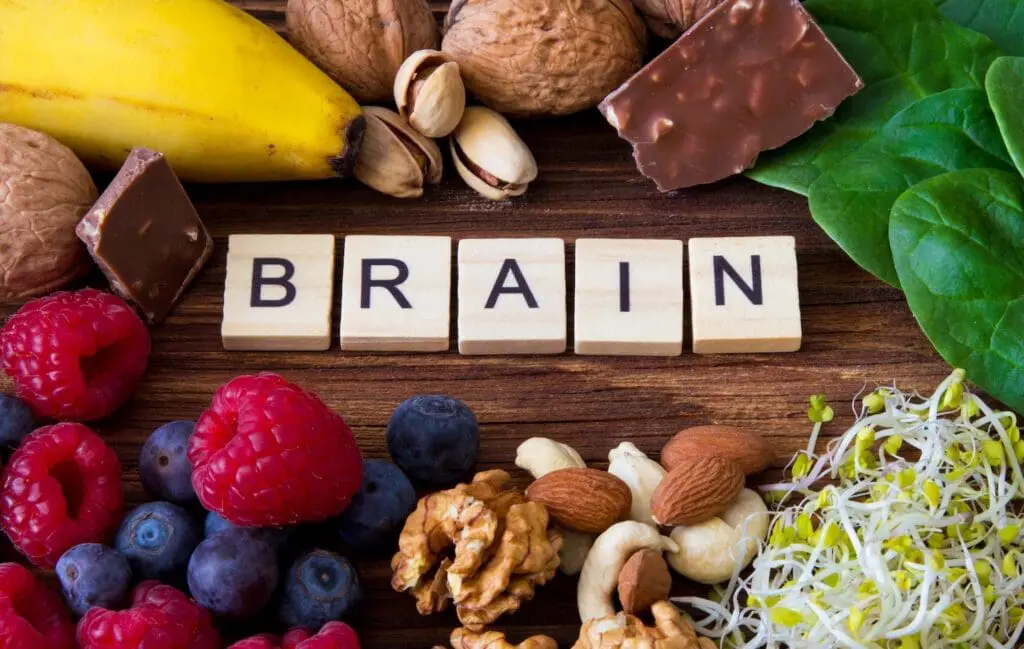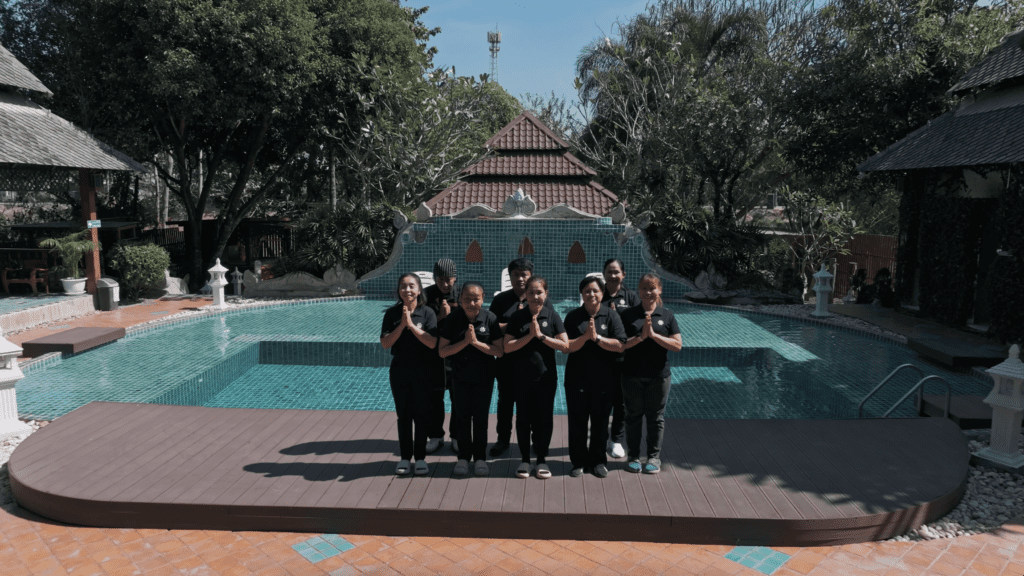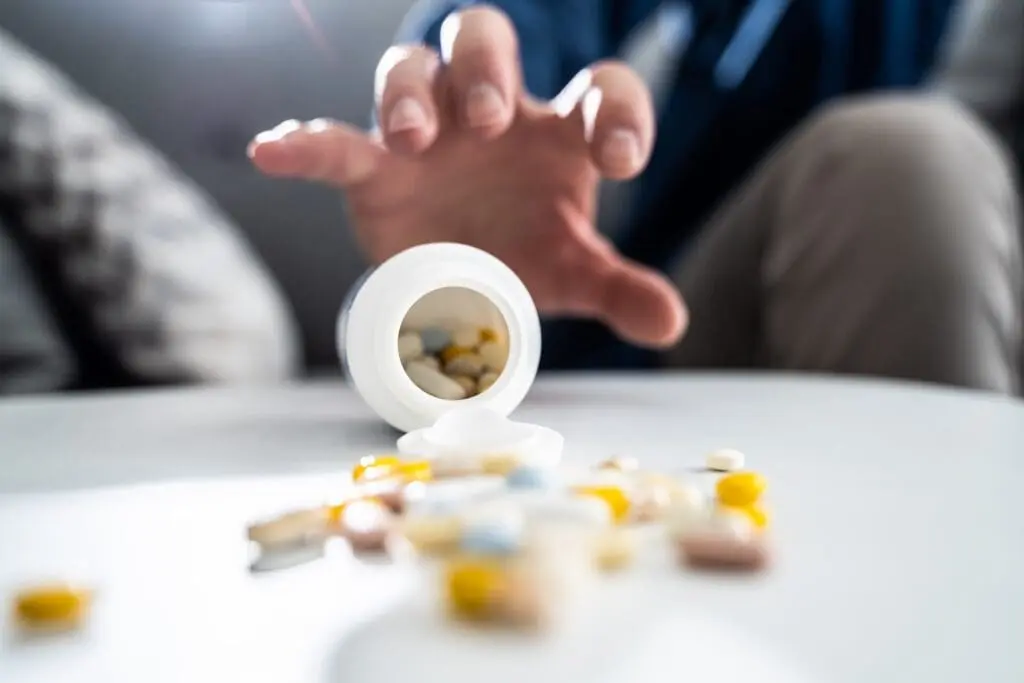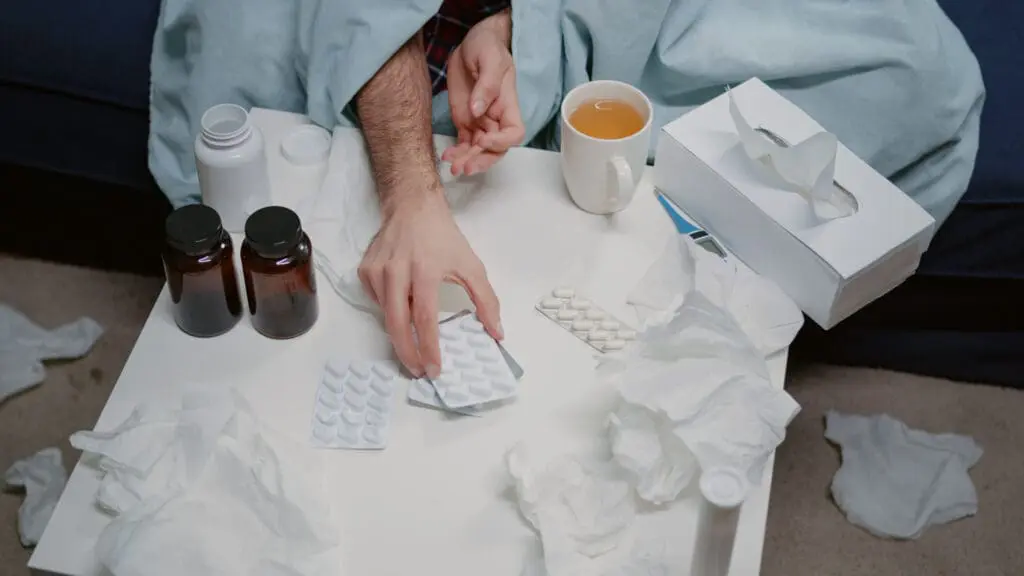Blog
What are the Rehab Options and Programs Available in Thailand?
Thailand is increasingly recognized as a prime destination for those seeking rehabilitation from addiction and mental health issues. The country offers a wide range of rehab options and programs, each designed to meet the diverse needs of individuals from all walks of life. In this article, we will explore the different types of rehab programs available in Thailand, examining how these specialized treatments cater to specific demographics and personal needs, ensuring effective and personalized care for each individual.
Inpatient Rehabilitation Programs
Inpatient rehabilitation in Thailand offers a comprehensive, immersive experience for individuals committed to overcoming addiction. These programs, which can last from 28 days to several months, are structured to create an environment that fosters a complete focus on rehabilitation. The process begins with a medical detox, supervised by medical professionals, to manage withdrawal symptoms safely and effectively. This is followed by a combination of individual therapy, where patients work one-on-one with a therapist to address personal challenges and triggers, and group therapy.
- Secondary Facilities (Sober Houses)
In Thailand, alongside primary inpatient rehabilitation centers, secondary facilities, often referred to as “sober houses,” provide a unique rehabilitation method by combining structured inpatient care with greater personal freedom. These facilities allow individuals further along in their recovery to engage in daily activities such as studying, volunteering, or other approved engagements. This semi-structured environment enables residents to apply their newly acquired skills in real-world scenarios, while still under professional supervision. This helps bridge the gap between intensive care and full independence, ensuring a smoother transition and strengthening long-term recovery outcomes.
Substance Addiction Treatment

Thailand’s substance addiction treatment encompasses a wide range of specialized programs designed to address various forms of addiction. These addiction rehabs in Thailand are suitable to meet the specific needs of each individual, combining medical intervention, psychological support, and social integration strategies. The goal of these treatments is to overcome the physical dependencies while addressing the underlying psychological factors contributing to the addiction. Here are some examples of substance addiction treatments:
- Alcohol Addiction: Alcohol rehab Thailand is specifically designed for alcohol addiction. They begin with detoxification to manage withdrawal symptoms, followed by intensive therapy to address the underlying causes of addiction. Patients learn about the physiological and psychological impacts of alcohol, participate in sessions to develop coping strategies, and are often introduced to support networks like Alcoholics Anonymous. The goal is to equip patients with the tools needed for long-term sobriety and to help them rebuild their personal and professional lives post-treatment.
- Drug Addiction: Drug rehabilitation centers in Thailand include specialized programs tailored to the type of drug and the individual’s specific circumstances. This combines medical detox with behavioral counseling and ongoing support. Therapy modalities might include Cognitive Behavioral Therapy (CBT), motivational interviewing, and group therapy sessions that focus on building resilience and preventing relapse.
- Prescription Medication Addiction: This type of addiction treatment is geared toward those who have become dependent on prescription medications such as opioids, benzodiazepines, or stimulants. The treatment involves a careful tapering process, overseen by medical professionals, along with therapy to address the psychological dependency. The program also includes education about the risks of medication misuse and strategies to manage pain or anxiety without reliance on medications.
- Dual Diagnosis Programs: This offers a coordinated treatment regimen for individuals diagnosed with both substance addiction and concurrent mental health issues, ensuring comprehensive care that addresses both conditions simultaneously.
Mental Health and Emotional Well-being
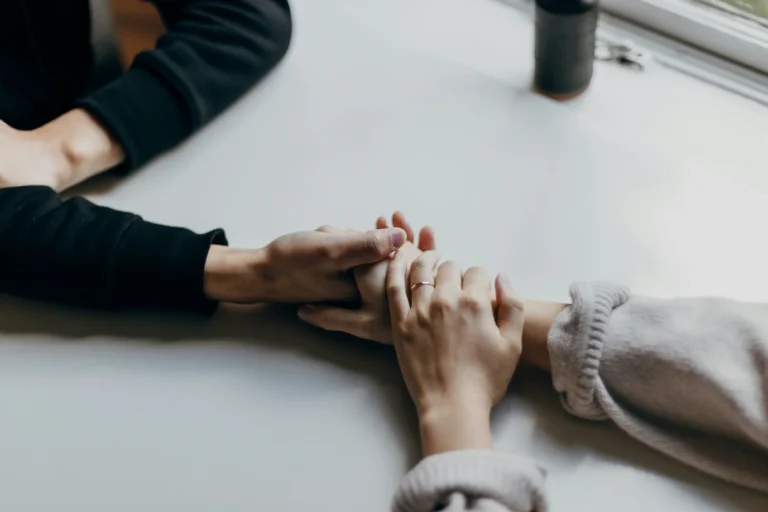
Mental health and emotional well-being are central focuses of many rehab programs in Thailand, where a comprehensive treatment is used to treat psychological disorders alongside or independent of substance abuse issues. Many rehabs in Thailand are equipped with specialists trained in a variety of therapeutic techniques that cater to a wide range of mental health conditions. These programs aim to alleviate symptoms while empowering individuals to manage their conditions effectively and improve their overall quality of life. Here are some examples:
- Mental Health Issues: mental health rehab programs include therapeutic interventions for conditions such as depression, anxiety, and bipolar disorder, combining therapy sessions with medication management.
- Trauma: Specialized therapies, including EMDR (Eye Movement Desensitization and Reprocessing), are used to treat post-traumatic stress disorder and other trauma-related conditions.
Specialized Programs

Rehabilitation centers in Thailand have developed an understanding that individuals from different backgrounds and stages of life face unique challenges and pressures. This recognition has driven the creation of specialized programs meticulously designed to meet the specific needs of various demographics. These programs are carefully crafted to ensure that they are both relevant and effective for the individuals they serve.
- For executives, the rehab programs are structured around the dual needs of maintaining professional responsibilities and managing personal rehabilitation. Understanding that executives often face high levels of stress and demand, these programs prioritize stress management and work-life balance. They incorporate strategies such as time management workshops, leadership, and confidential treatment environments, allowing these professionals to continue their work remotely if necessary while receiving treatment.
- For adolescents, Thailand’s rehab programs are designed with an emphasis on age-appropriate therapies that resonate with younger individuals and address the specific emotional and developmental challenges they face. These treatments are combined with educational support, ensuring that young people do not fall behind academically while in recovery. Group sessions focus on peer interactions, building social skills, and resilience against peer pressure.
- For individuals with specific needs, such as those with co-occurring disorders or unique personal circumstances, programs are highly customized. This can include patients with disabilities, those with severe mental health issues, or individuals from different cultural backgrounds. The therapy modalities, support structures, and even the environment are adapted to address all aspects of their condition comprehensively. This might involve integrating specialized medical care, cultural sensitivity in therapy practices, and accessibility considerations to ensure inclusive and effective treatment.
Alternative Rehab Therapies

In Thailand, the integration of alternative therapies into rehab programs underscores a commitment to treating the whole person, not just the addiction or mental health issue. These therapies blend traditional Eastern practices with modern Western medical treatments. Here are some examples of alternative rehab therapies:
- Thai Massage: Utilizes gentle pressure and stretching techniques to relax the body and improve circulation. This ancient practice helps relieve muscle tension and promotes a deep sense of relaxation, which can be crucial for individuals recovering from addiction or dealing with mental health issues.
- Reiki: A gentle, energy-based healing practice rooted in Japanese tradition, Reiki relates to the therapist channeling energy into the patient through touch. This therapy is especially beneficial in rehab settings as it aims to balance energy flow throughout the body, promote relaxation, reduce stress, and aid in emotional healing.
- Mindfulness and Meditation: Encourages being present and fully engaged at the moment, which can reduce anxiety and stress and increase overall mental clarity. Techniques such as Vipassana meditation, guided mindfulness exercises, and breathing techniques are incorporated into rehab programs to help individuals develop greater self-awareness and emotional regulation.

Rehabilitation programs in Thailand are meticulously designed to cater to a wide range of needs, from substance addiction to mental health and dual diagnosis treatments. Whether through intensive inpatient care, outpatient services, or specialized treatments for mental health and trauma, these programs strive to provide holistic, personalized care, ensuring each individual has the best possible chance at recovery and a healthier future.
At Jintara Rehab, we are dedicated to supporting patients with compassion and expert care with a variety of high-quality services, utilizing a blend of traditional and innovative therapies to achieve the best outcomes. We provide both inpatient and outpatient services, as well as address various substance addictions, mental health issues, and dual diagnoses through customized treatment plans. Moreover, Jintara Rehab stands out with a small client-to-staff ratio, ensuring personalized attention and support throughout the rehabilitation. Specialized programs cater to executives, adolescents, and individuals with co-occurring disorders, emphasizing the importance of tailored care.

Author: Darren G Lockie
Founder and CEO of Lanna Healthcare.


